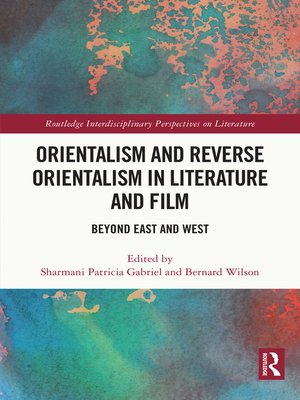Orientalism and Reverse Orientalism in Literature and Film
ebook ∣ Beyond East and West · Routledge Interdisciplinary Perspectives on Literature
By Sharmani Patricia Gabriel

Sign up to save your library
With an OverDrive account, you can save your favorite libraries for at-a-glance information about availability. Find out more about OverDrive accounts.
Find this title in Libby, the library reading app by OverDrive.



Search for a digital library with this title
Title found at these libraries:
| Loading... |
Acknowledging the significance of Edward Said's Orientalism for contemporary discourse, the contributors to this volume deconstruct, rearrange, and challenge elements of his thesis, looking at the new conditions and opportunities offered by globalization.
What can a renewed or reconceptualized Orientalism teach us about the force and limits of our racial imaginary, specifically in relation to various national contexts? In what ways, for example, considering our greater cross-cultural interaction, have clichés and stereotypes undergone a metamorphosis in contemporary societies and cultures? Theoretically, and empirically, this book offers an expansive range of contexts, comprising the insights, analytical positions, and perspectives of a transnational team of scholars of comparative literature and literary and cultural studies based in Australia, Hong Kong, Japan, Malaysia, USA, Singapore, Taiwan, and Turkey. Working with, through and beyond Orientalism, they examine a variety of cultural texts, including the novel, short story, poetry, film, graphic memoir, social thought, and life writing. Making connections across centuries and continents, they articulate cultural representation and discourse through multiple approaches including critical content analysis, historical contextualization, postcolonial theory, gender theory, performativity, intertextuality, and intersectionality.
Given its unique approach, this book will be essential reading for scholars of literary theory, film studies and Asian studies, as well as for those with a general interest in postcolonial literature and film.






